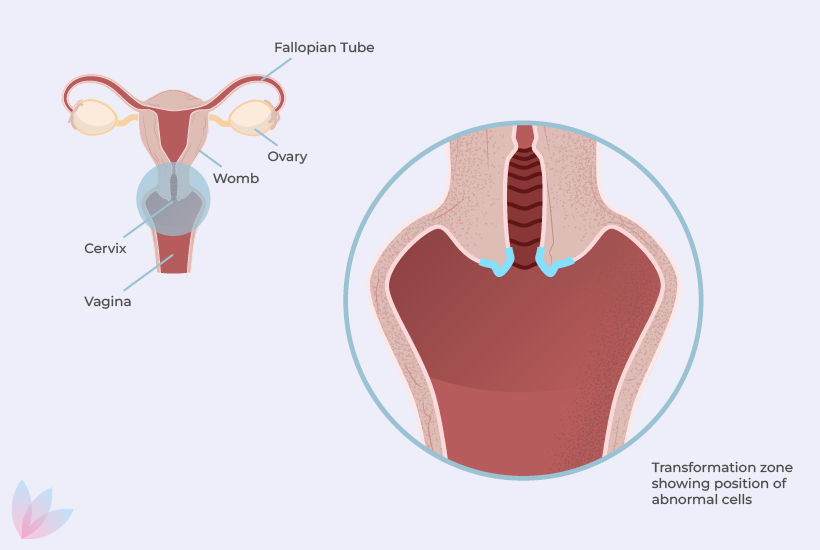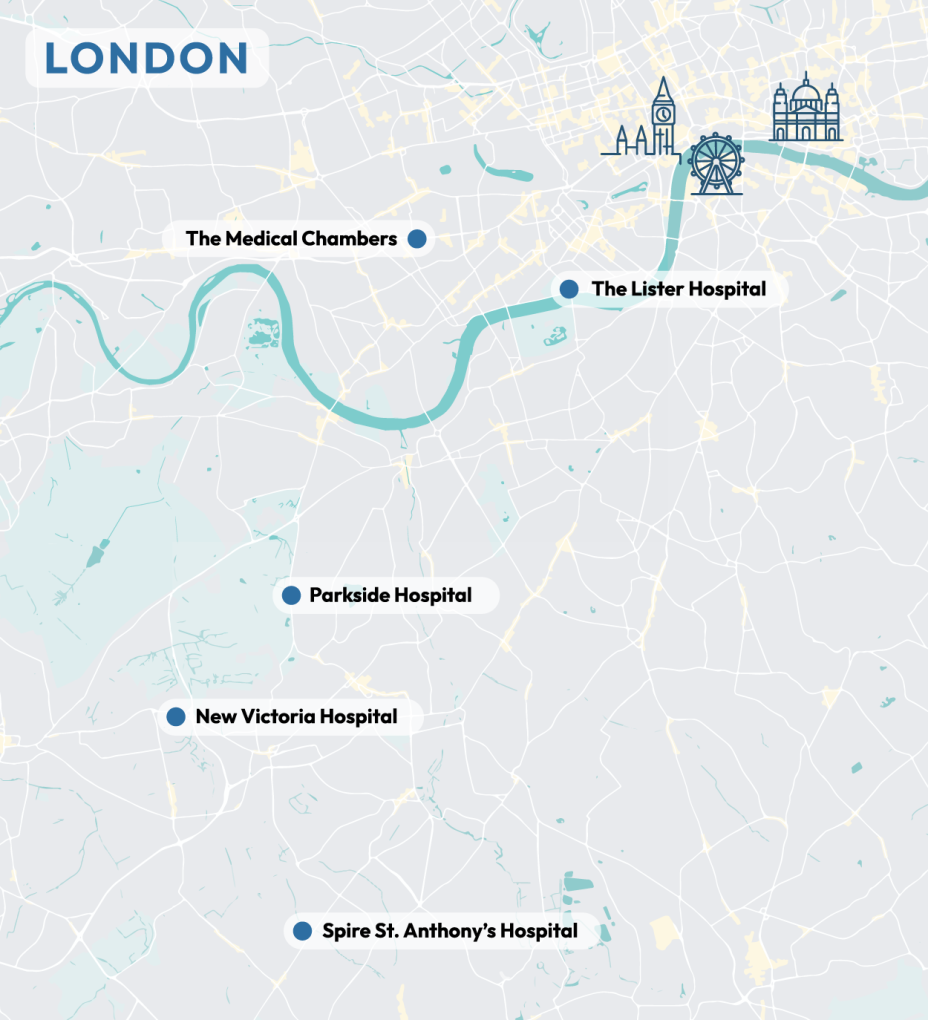What is a colposcopy?
Colposcopy is a minor procedure that allows the cervix to be closely visualised. A speculum is used, and the cervix is examined under magnification. Two dyes, acetic acid and iodine, are applied to highlight areas where abnormal cells may be present. In some cases, cervical biopsies may be needed, and these are performed under local anaesthetic. At LWC, we use local anaesthetic for every cervical biopsy to minimise any discomfort during the procedure. We are committed to making the experience as comfortable as possible.
A cautious approach will be advised if the changes have been confirmed to be mild because it’s likely that the affected cells can return to normal without the need for treatment.
With high-grade smears (moderate and severe dyskaryosis) you will also require colposcopy and possible treatment if the biopsies from the cervix confirm the pathology, as there is a higher risk of progression to cervical cancer.
Here are some things to consider that can prepare you for your colposcopy:
- Schedule the appointment for when you are not on your period. Call us to reschedule if you begin your period on the day of your appointment.
- Avoid sexual intercourse before your procedure.
- Avoid the application of vaginal creams or gels for at least 24 hours before the procedure.
Colposcopy typically takes 7-10 minutes.
After the colposcopy, unless a biopsy is performed, there are no precautions to take. We will explain the findings in detail after the procedure.
How much does the treatment cost?
At London Women Canter we offer the following coloscopy packages:
- Diagnostic Colposcopy includes consultation and colposcopy for £525.
- Colposcopy + Biopsy includes a consultation, colposcopy, biopsy and lab fees for £825.
- Colposcopy + Cervical Screening Sample includes consultation, HPV test and cervical smear test for £675.
- LLETZ treatment under local anaesthetic. Includes colposcopy, removal of abnormal precancerous cervical cells and lab fees for £1250
LLETZ treatment can also be performed under general anaesthetic according to personal wishes, circumstances and previous experience. The fee for a general anaesthetic LLETZ procedure depends on the hospital it will be performed.
See a Consultant








